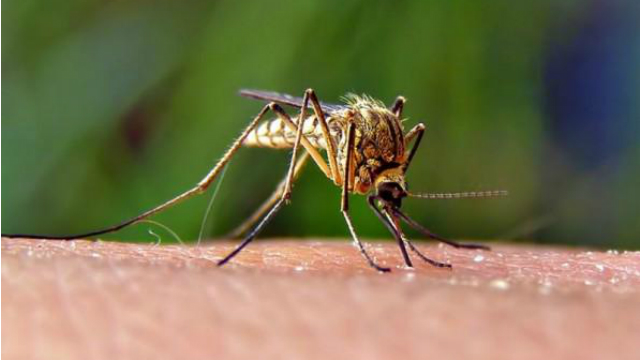Understanding Dental Insurance: An Ultimate Guide
Dental insurance is an important part of ensuring access to the dental care you need to maintain your oral health. But with so many types of dental insurance plans available, understanding dental insurance isn’t always easy. Understanding Dental Insurance: An Ultimate Guide By College Family Dentistry Whether you receive dental insurance through your job, have […]
Understanding Dental Insurance: An Ultimate Guide Read More »





